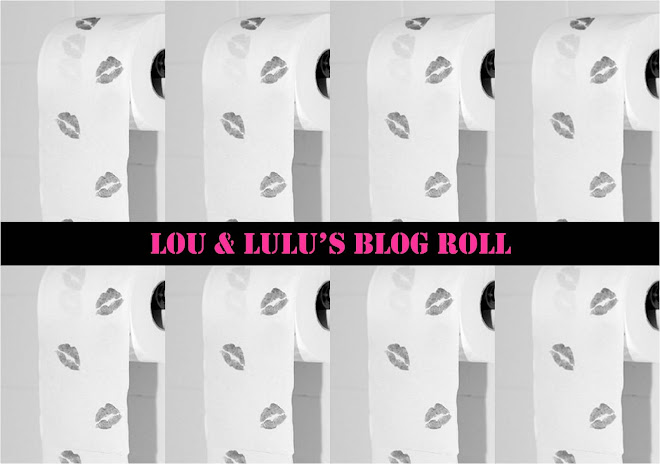
I’m full of admiration for the credo that women should grow old gracefully and be proud of the wrinkles “earned” through experience. I’m not a full-blown feminist, but I couldn’t agree more – in principle.
I had quite a few friends at university who baulked even at the idea of make-up, claiming that adorning ourselves was playing to men. Liberationists such as Germaine Greer declared that women were oppressed babes, their strings pulled by male standards of beauty.
I even got into some nasty debates with girlfriends who saw me as a traitor to the cause because of a bit of lip-gloss. Surely, I argued, the point of feminism was that we could do as we wished with our appearance?
Twenty years on, the focus has moved from lipstick to lasers, but the arguments are all too familiar. We should stand up brave and bold, and confront a culture that defies the baby smooth face of youth. We have to alter perceptions so that we’re valued and seen in a new way.
That’s fine, but I doubt if it’s possible in my lifetime. And I really don’t think that when my face starts looking like an Ordnance Survey map the outside world will admiringly say, “What a fascinating and interesting life she has lived. She must be jam-packed full of wisdom to impart.”
No, I see them glancing away, failing to register me at all.
Today’s women want to work longer than they have traditionally, and they want to be seen as desirable at a life stage when their mothers had consigned all that to the past. Many women believe the best chance of having the confidence to achieve these things is the way they look.
One of the advantages of the technological age is that it offers women a nip and a tuck, a peel or a suck, to adjust some of the ravages of time and unwise living, thereby restoring a sense of the self that they’ve enjoyed living with.
I don’t mean taking off a decade or two, although wanting to wind back time to join our kids is pathological and doomed to failure. But some subtle cosmetic aid is mere damage limitation, I am assured. A friend of mine crossed a very difficult Rubicon for feminists and recently chose cosmetic surgery. Yes, it’s “Laura” again.
She first started with an eye job seven years ago. “My eyes seemed to be sinking into the slack flesh around them and this depressed me. I’ve always liked my eyes, and see them as one of my most effective tools for communicating.”
Laura was delighted with the results. People stopped saying she looked tired and told her she looked well. She was able to twinkle and flirt with her eyes again. When we met up in London a few months ago she admitted having not stopped at her eyes.
“This year my face seemed to have become dull, droopy and wrinkly. The ‘you look weary – are you all right?’ questions started coming back at work again.”
Although Laura wasn’t ready for a facelift she thought she would investigate face peels. She chose a “blue peel”, which is less drastic than the popular laser peel. While she was at it, she wiped off her forehead frown with a botox injection, boosted her lips with collagen and had her pale eyebrows semi-tattooed.
Phew! I didn’t criticize her one bit, I admired her. I haven’t even got the guts to pierce my ears. But I was probably the only friend who didn’t tell her she had sold out and that she must have really disliked herself.
The British actress Julie Christie was pulled to bits by the media when she had a facelift, but she merely said that if you want to work in Hollywood at her age, it doesn’t pay to show your face in all its wrinkled glory.
We don’t attack women for spending hours in the gym, using fake tans in moderation or coloring their hair properly. But once someone goes for a change administered by a cosmetic surgeon, the view is that we forfeit our feminist credentials.
There are a few feminists who have concluded differently. Kathy Davis, in a survey of women for her book Reshaping The Female Body, changed her views when she saw how cosmetic surgery helped them maintain an identity they valued. They talked of being surer of themselves, more able to be authoritative.
And while Rita Freedman argues in Beauty Bound that women should understand how the beauty industry oppresses them, she also sees that cosmetic surgery may be a pragmatic choice.
“The facelift is sought by many psychologically healthy females who… want to get rid of their preoccupation with a cosmetic distraction to turn their attention to more important things,” she says. Surely they’re then more able to stand up to the world, to make it stop and listen?
I believe feminism is about helping women. We have every right to choose how to negotiate the human condition if it doesn’t harm others. Laura is very open about her procedures, rather than treating them as a dirty secret. When someone asks her she just admits to having had surgery rather then lying.
I haven’t been tempted to dabble with the surgeon’s knife yet, but who knows how I will feel when I wake up one morning and discover more bags under my eyes than inside my wardrobe?




No comments:
Post a Comment